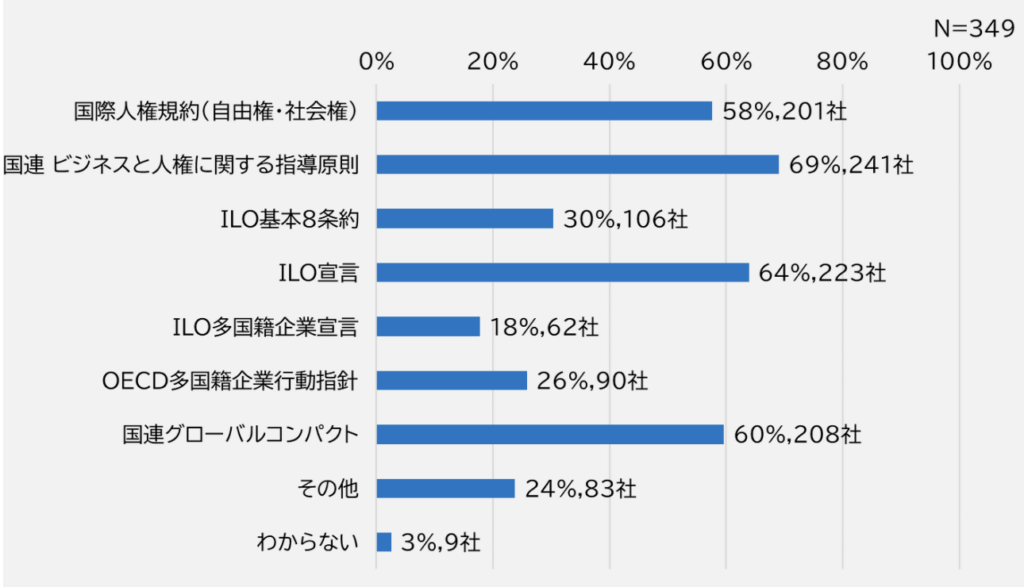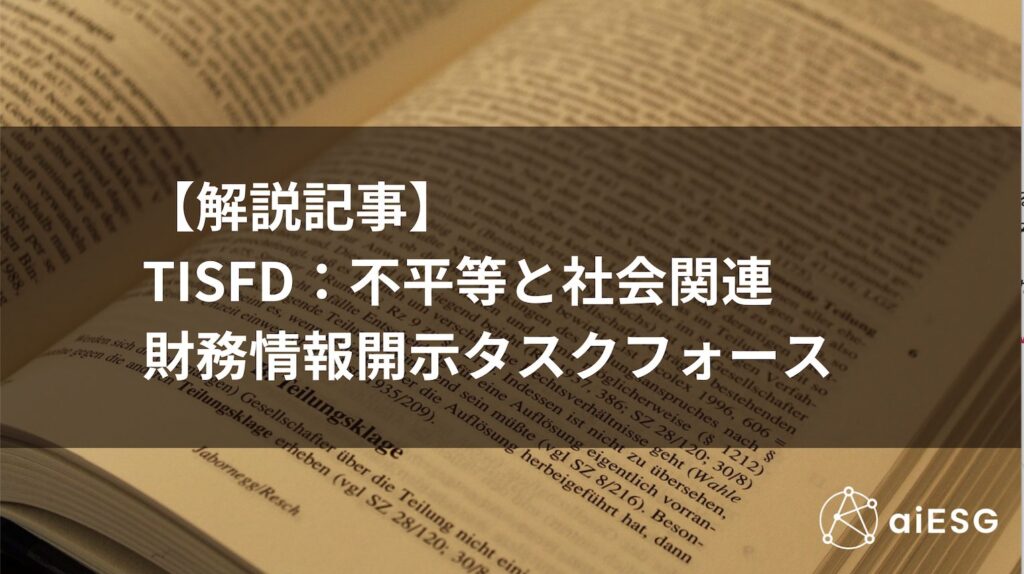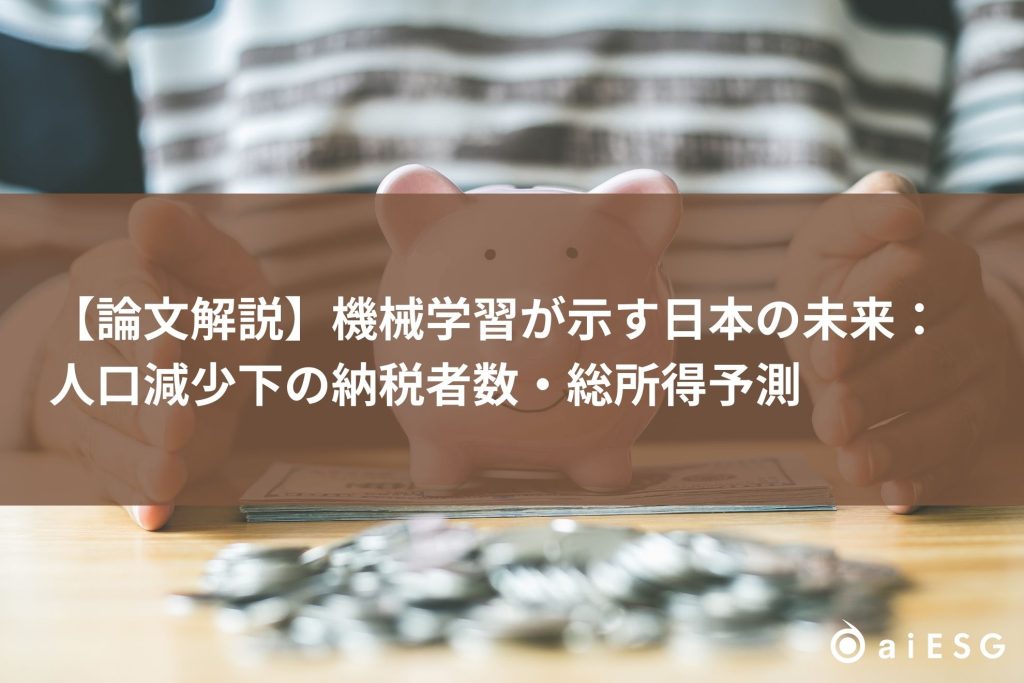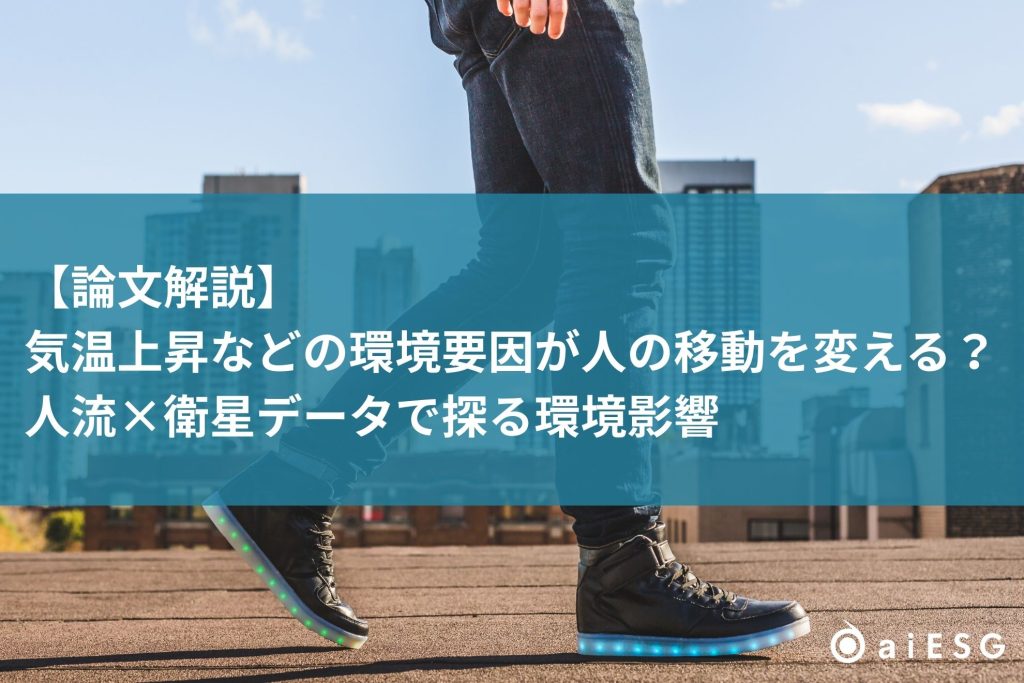INDEX
Previous ArticleAs we saw in the previous section, the importance of social factors in the three ESG factors and the need for human rights DD are being reaffirmed worldwide. In this issue, we will look at the developments surrounding the disclosure of information on social aspects, focusing on the introduction of TISFD, which is attracting attention as a new task force following TCFD and TNFD.
Table of Contents
Hurdles to disclosure of socially relevant information
TISFD: Task Force on Inequality and Social-related Financial Disclosures
TISFD Objectives and Approach
TISFD and the Future of Social Surface Information Disclosure
Conclusion
Hurdles to disclosure of socially relevant information
For many companies, it is not easy to measure risks in the areas of social and human rights, where quantitative information disclosure is not as easy to imagine as in the environmental field. In particular, the current situation where there are numerous international standards to comply with is one of the factors that make it difficult for companies to disclose information (Figure 1).

Figure 1: International standards to which companies developing human rights policies adhere
(Source:Results of the "Questionnaire Survey on the Status of Human Rights Initiatives in the Supply Chains of Japanese Companies)
Many companies also face challenges in the process of "identification and assessment of negative impacts" mentioned in the previous article, and the method of risk analysis tracing back through the supply chain is not yet widespread [1].
TISFD: Task Force on Inequality and Social-related Financial Disclosures
While various human rights-related guidelines and frameworks are in the midst of being developed, the Task Force on Inequality and Social-related Financial Disclosures (TISFD)[2 In April 2023, TISFD will be joined by the Task Force on Inequality-related Financial Disclosures (TIFD) and the Taskforce on Social-related Financial Disclosures (TSFD) [2]. As the name suggests, TISFD aims to provide a framework for inequality and social-related risk disclosure.
Following the TCFD on climate change, to which many companies already comply, and the nature-related TNFD, which has been attracting interest since its final recommendations were released in September, it is expected to provide a clear standard for disclosure of information on the social aspects.
Table 1: Overview of TISFD (prepared by author)
| TIFD | TSFD | TISFD | ||
| name | Inequality-Related Financial Disclosure Task Force | Task Force on Disclosure of Socially Relevant Financial Information | Integrated ⇒ | Inequality and Social Related Financial Disclosure Task Force |
| Fiscal Year and Activities | Established in 2021 | Discussions begin in 2021 | April 2023 TIFD and TSFD announce merger [3]. August 2023 Publication of documents [4]. First half of 2024 Task Force to be established | |
| Main Organizations Involved | Argentina Network for International Cooperation (RACI), Pre-Distribution Initiative (PDI), Rights CoLab, Southern Center for the Study of Inequality (SCIS), United Nations Development Programme (UNDP) | Business Coalition for Inclusive Growth (B4IG), OECD | World Business Council for Sustainable Development (WBCSD), Council for Inclusive Capitalism (CIC), Shift [5]. |
TISFD Objectives and Approach
TISFD published a text in August 2023 summarizing its objectives and approach [6]. It stated there that the following methods would be used to achieve its objectives
1. develop clear disclosure standards based on existing frameworks
Understand the mutual influences, dependencies, and risks between companies/investors and people.
Promote a common understanding of inequality and social-related issues and design situation-based indicators.
Support interoperability with the TCFD and TNFD and align with existing sustainability disclosure standards.
Utilize frameworks developed by the United Nations, OECD, and others, and promote consistency with them.
2. cooperation with international standard-setting bodies
Establish a framework that can be used as a knowledge partner with standard-setting bodies such as the International Sustainability Standards Board (ISSB), the European Financial Reporting Advisory Group (EFRAG), and the Global Reporting Initiative (GRI).
3. contribution to global policy objectives
The G20 and G7 will collaborate with global policy forums such as the G20 and G7 to contribute to global policy goals such as the achievement of the Sustainable Development Goals (SDGs).
4. periodic review and updating of the framework
Furthermore, in addressing these issues, the TISFD has expressed its commitment to managing the organization through dialogue with a wide range of stakeholders, including funders and corporations, governments and regulators, international organizations, trade unions, civil society, and people affected by inequalities, social harms, or benefits.
TISFD and the Future of Social Surface Information Disclosure
The TISFD is still in its developmental stages and does not already have specifics on disclosure. According to the above text, the first step is to establish a working group that will include the original members of the TIFD and TSFD, plus a wider range of stakeholders. The working group will launch a task force in the first half of 2024, after which the disclosure framework will be developed.
Figure 2: TISFD Schedule of Activities (prepared by the author)
The TCFD and TNFD, the predecessor disclosure frameworks, took about two years from their establishment to the release of their recommendations, and it is likely that the TISFD will adopt the same general structure (e.g., four pillars of disclosure recommendations), which may lead to faster development of discussions than in the past. In addition, the release of a beta version, such as the TNFD, and cooperation with existing initiatives, such as the UN Guidance, may further increase the level of attention to the final recommendations even before they are released.
While there are numerous standards in existence, it remains to be seen to what extent the TISFD, which is still under development, will become a standard in the international community. However, if TISFD is supported by a variety of influential international organizations, and if a framework that has much in common with TCFD, which many companies already consider important, is completed, it is expected to become one of the major options for companies considering disclosure of social information.
Conclusion
In this article, we have introduced in detail TISFD, which is attracting attention as a new framework for social-related information disclosure.
After the TCFD was formulated in 2015, corporate interest in environmental risks expanded significantly, leading to a substantial mandate. Currently, disclosure of risks on the social side is left to the judgment of each company, but a similar trend may occur with the release of the TISFD. In addition, in order to respond to the human rights DD legislation already in progress overseas, prompt compliance with an international framework will be of great benefit to companies.
Although the full scope of the TISFD is still unclear, it is important for each company to first understand the points of contact between its business and human rights risks, while referring to the UN Guiding Principles, which clearly state the need for consistency.
aiESG can assist you with everything from the basics of the TISFD and related frameworks to the actual disclosure of non-financial information, so please contact us if you need help with the social aspects of ESG disclosure.
Contact us:
https://aiesg.co.jp/contact/
Bibliography
[1] 20211130001-1.pdf (meti.go.jp)
[2] The names are tentative and subject to change.Taskforce on Inequality and Social-related Financial Disclosures (TISFD) | Groups | LinkedIn)
[3] Joint Statement on Convergence Between TIFD and TSFD - Task Force on Inequality-related Financial Disclosures (TIFD) (thetifd.org)
[4] Taskforce on Inequality and Social-related Financial Disclosures (TISFD) | Groups | LinkedIn
[5] Research Institute for the UN Guiding Principles on Business and Human Rights
[6] https://www.linkedin.com/feed/update/urn:li:activity:7102273687029972992?utm_source=share&utm_medium=member_desktop
Related page
Report List : Regulations/Standards
https://aiesg.co.jp/topics/report/tag/基準-規制/
The Importance of Social Aspects in Nonfinancial Information Disclosure
https://aiesg.co.jp/topics/report/2301214_tisfd1/
【【Explanation] What is TNFD? A new bridge between finance and the natural environment
https://aiesg.co.jp/topics/report/230913_tnfdreport/
What is the SASB Standard for ESG Information Disclosure? (Part 1)Outline of SASB
https://aiesg.co.jp/topics/report/2301025_sasb1/
CSRD: The EU Sustainability Reporting Standard Just Before It Enters into Force: The Impact on Japanese Companies
https://aiesg.co.jp/topics/report/2301120_csrd/
















